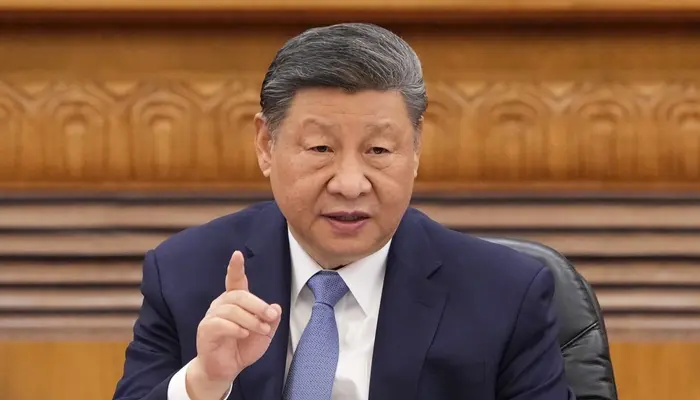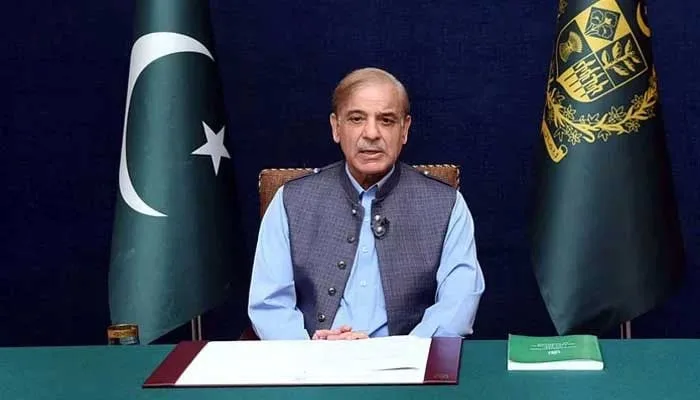
Islamabad: Chief Justice of Pakistan (CJP) Yahya Afridi has scheduled the first meeting of the Judicial Commission of Pakistan (JCP) for November 5. The session will focus on selecting judges for constitutional benches in the Supreme Court (SC). This meeting marks a significant step in implementing the 26th Constitutional Amendment, which has restructured the JCP to include members of parliament.
National Assembly Finalizes Five Nominations for JCP
Earlier, Speaker of the National Assembly, Ayaz Sadiq, sent five nominations to the JCP. This group includes four parliamentarians and one woman nominee, balancing representation across political lines. The letter, directed to the Supreme Judicial Commission (SJC), finalizes the parliamentary members in the 13-member commission, which will play a role in judicial appointments.
Key Meeting Details and Agenda
The JCP meeting is set for Tuesday, November 5, at 2 p.m., in the Supreme Court building. The agenda includes establishing a JCP secretariat, nominating judges for the Supreme Court’s constitutional benches, and addressing any additional issues raised by CJP Afridi.
Members Set to Attend First Meeting
The meeting will include several notable figures, including JCP Chairman CJP Afridi, Justice Syed Mansoor Ali Khan, Justice Munib Akhtar, and Justice Amin-ud-Din Khan. From the parliamentary side, the attendees will be Senator Farooq Hamid Naek, MNA Sheikh Aftab Ahmad, Roshan Khursheed Bharucha, Law Minister Azam Nazeer Tarar, Attorney-General for Pakistan Mansoor Usman Awan, senior advocate Akhtar Hussain, Senator Shibli Faraz, and MNA Omar Ayub Khan.
This meeting is critical, as it includes a cross-section of judiciary and parliament under the reformed judicial commission.
Restructured JCP Under the 26th Amendment
Role and Duties of the JCP
The JCP holds a vital position in Pakistan’s judicial system. It appoints judges to the Supreme Court, high courts, and Federal Shariat Court. Additionally, it evaluates the performance of high court judges and prepares their annual reports.
Recent Judicial Reforms and the 26th Amendment
President Asif Ali Zardari signed the 26th Constitutional Amendment Bill into law last month after its approval by parliament. This reform redefined the selection process for the CJP, who will now serve a fixed three-year term. A parliamentary committee will nominate the new CJP from the three most senior judges, forwarding the name to the prime minister, who then sends it to the president for approval.
Key Features of the Judicial Reforms
- The CJP’s term is fixed at three years.
- Constitutional benches will operate in the Supreme Court and high courts.
- Senior judges of each bench will serve as presiding officers.
- The JCP will oversee judges’ performance and report to the Supreme Judicial Council if necessary.
- Riba (interest) will be fully eradicated from the country by January 1, 2028.
This reformed structure aims to streamline the judicial process while integrating broader representation from both judiciary and parliament.















